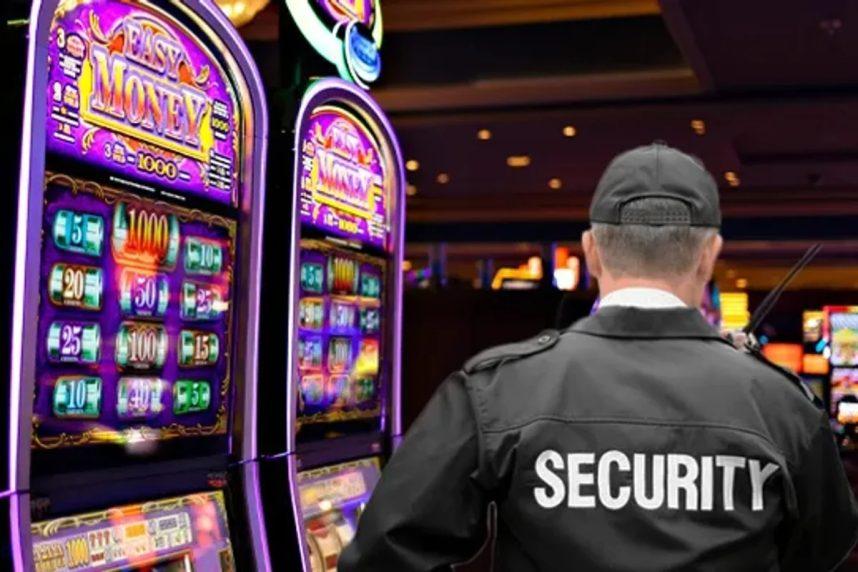
Pennsylvania Addiction Experts Oppose Automatic Casino Self-Exclusion Removal
Addiction specialists and mental health providers are urging the Pennsylvania Gaming Control Board (PGCB) to maintain the current casino self-exclusion program structure rather than implement proposed automatic reinstatement changes.

Casino security guard on duty
Currently, self-excluded individuals must actively apply for reinstatement after their one- or five-year exclusion period ends, while lifetime bans remain permanent. The PGCB's proposed amendment would automatically restore gaming privileges when the exclusion period ends, similar to existing protocols for iGaming, video gaming terminals, and fantasy sports.
The Pennsylvania Department of Drug and Alcohol Programs (DDAP) warns that automatic reinstatement could trigger relapses among recovering problem gamblers. Amy Hubbard, DDAP's Compulsive Problem Gambling Section manager, notes that shorter-term bans are often more approachable for individuals seeking help, with the knowledge they maintain control over reinstatement.
Key opposition points from treatment providers include:
- Automatic removal violates the original understanding of protection remaining until actively revoked
- Increased risk of relapse without conscious decision-making
- Need for standardization across all gaming platforms to match current casino protocols
- Potential targeting of newly removed players by casinos
The Better Institute and numerous licensed therapists emphasize that automatic reinstatement could lead to devastating consequences, including financial ruin, relationship breakdown, and potential suicide risks.
While the PGCB argues the change would prevent accidental trespassing and reduce administrative burden, treatment providers overwhelmingly recommend maintaining the current system requiring active reinstatement requests.
